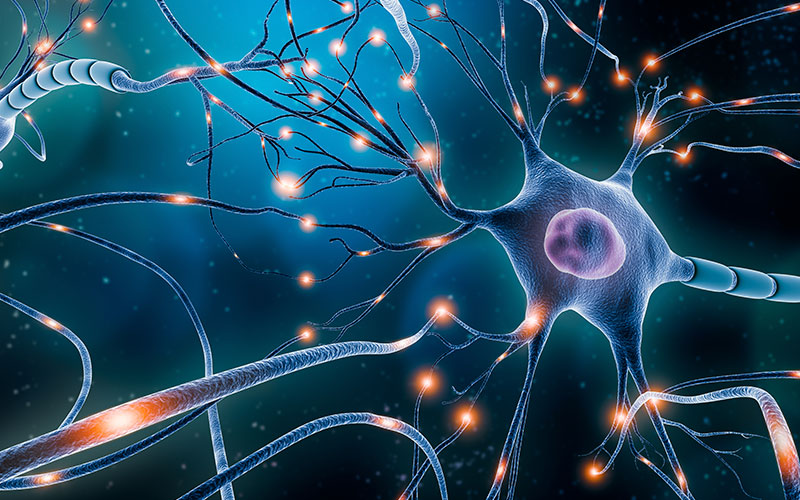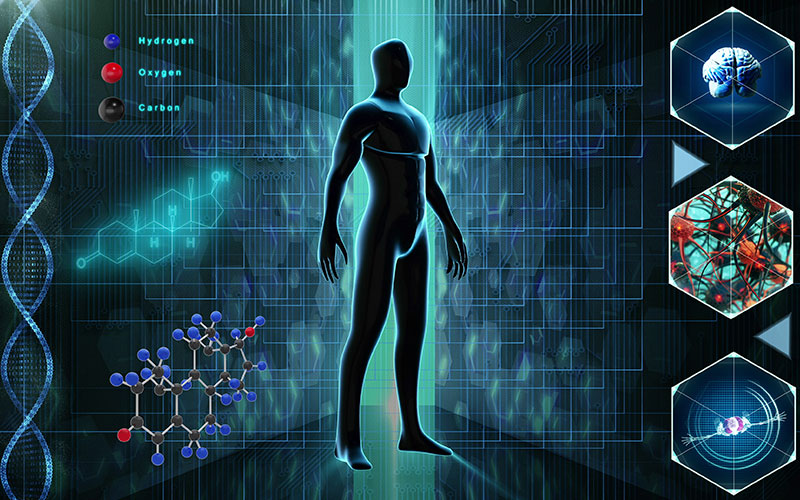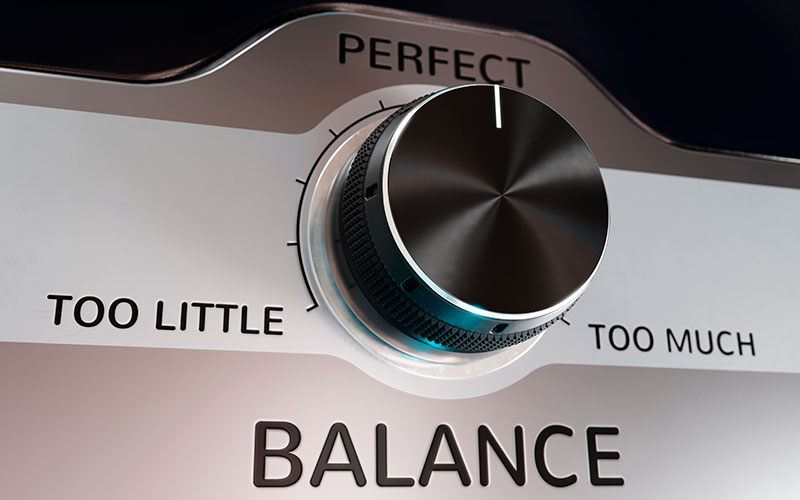- Home
- Growth Hormone
- Growth Hormone
- Growth Hormone Deficiency
- Growth Hormone Therapy
- Growth Hormone Injections
get startedThe Most Effective Hormone Replacement TherapiesThe Differences Between Neurotransmitters and Hormones
Though related, there are significant chemical and biological differences between hormones and neurotransmitters.
Because of the similarities of what they do and how they perform their important tasks, hormones are often confused with neurotransmitters. While they are related in some ways, these vital chemical messengers are quite different.
Both hormones and neurotransmitters are organic chemicals that trigger or regulate specific bodily functions. However, they use different pathways or systems by which to convey their messages. Hormones are secreted by the endocrine glands into the circulatory system, which carries their signals all over the body.
Neurotransmitters are brain chemicals that relay information throughout the brain and the body, mostly by the nervous system. Below are some of the distinguishing factors that will further clarify the difference between hormones and neurotransmitters.
What Are Neurotransmitters?
Neurotransmitters are brain chemicals such as serotonin and dopamine that regulate mood, cognition, and other brain functions. They primarily use neurons to transmit their signals across the nervous system.
There are primarily two types of neurotransmitters, excitatory neurotransmitters, and inhibitory neurotransmitters. Excitatory neurotransmitters excite or stimulate certain reactions in the brain. The excitatory neurotransmitters include:
- Dopamine
- Norepinephrine
- Epinephrine
Inhibitory neurotransmitters inhibit or suppress certain reactions in the brain. The calming or inhibitory neurotransmitters include:
- Serotonin
- GABA (Gamma-amino butyric acid)
- Dopamine
What Are Hormones?
Hormones are your body’s main messengers. Hormones regulate every process in your body, from cellular growth to digestion and metabolism. They are produced by the many glands of your endocrine system and are carried by the bloodstream, where they react with specific hormone receptors on their target organs.
There are several different types of hormones that act on different aspects of bodily functions and processes. Some of these include:
- Development and growth
- Metabolism of food items
- Sexual function and reproductive growth and health
- Cognitive function and mood
- Maintenance of body temperature and thirst
You are probably most familiar with the sex hormones testosterone in males and estrogen in females. Another critical hormone in both men and women is human growth hormone or HGH.
What Are The Main Differences Between Hormones and Neurotransmitters?
Both neurotransmitters and hormones communicate messages that stimulate or regulate bodily processes. The main differences between the two are what organs they target, how they travel, and how fast they get there.
Hormones are produced and secreted by the glands of the endocrine system. They influence the major organs of your body. They travel in the blood via the circulatory system, and therefore hormones reach their targets relatively slowly. Hormones may need to travel great distances from their point of origin to their target organs.
Neurotransmitters mostly affect brain cells and the cells of the nervous system. They send their signals almost instantaneously by jumping the synapsis (microscopic spaces) between neurons – the cells of the brain and nervous system.
Hormones and neurotransmitters also differ in the organs they target and their specific functions. Hormones travel all throughout the body affecting physiological processes such as growth and development, metabolism, mood, sexual function, reproduction, etc. Neurotransmitters only communicate between neurons and mostly affect brain functions such as mood, memory, focus, and cognition.
Is There a Link Between Hormones and Neurotransmitters
Neurotransmitters and hormones have their similarities and differences. Some hormones like adrenaline and cortisol are technically neurotransmitters because they impact the brain’s “fight or flight” response. Hormones and neurotransmitters also influence the effect of one another. Certain critical hormones such as testosterone and human growth hormone are also associated with mood, memory, and cognition. This is because of the link between the levels of these hormones and the levels of neurotransmitters such dopamine and serotonin.
What is the Link Between Testosterone and Neurotransmitters?
Researchers have found that there is a definite link between testosterone and the neurotransmitter serotonin.
We know that depression and mood swings are symptoms of low testosterone. Researchers have yet to define exactly how or why low testosterone causes depression. However, studies seem to indicate that it does have something to do with the impact testosterone has on the levels of neurotransmitters like serotonin.
Testosterone stimulates the release of dopamine, another neurotransmitter in your brain that is responsible for your feelings of pleasure. Serotonin, like dopamine, is also related to "feeling good." When serotonin levels drop, depression and anxiety are often the result.
Studies have found that testosterone plays a role in regulating serotonin levels. A recent study in mice showed that low testosterone may directly alter brain chemistry –specifically serotonin levels. Studies of humans show that serotonin levels are lower in older adults with clinical depression. Older men also tend to suffer from low testosterone.
The most effective anti-depressant medications are known as "selective serotonin reuptake inhibitors," or SSRIs. SSRIs work by slowing the "reuptake," or use of serotonin, so that serotonin levels remain higher in the brain for longer periods of time. Mental health professionals believe that this boost in serotonin levels increases the production of new brain cells, which in turn helps to lift the fog of depression.
Current research suggests that testosterone produces the same “inhibition of serotonin reuptake” effect as SSRIs. This explains why men with low testosterone often suffer from anxiety and depression and also why testosterone replacement therapy seems to alleviate such symptoms.
What is the Link Between Growth Hormone and Neurotransmitters?
Much like testosterone, human growth hormone or HGH is another critical hormone that can also influence mood and emotional states. Much like people with low testosterone, adults with age-related growth hormone deficiency tend to have mood swings and are more prone to depression and anxiety. Just as with testosterone, this seems to be due to the relationship that HGH has to the production and release of neurotransmitters such as dopamine and serotonin.
Much like testosterone therapy, patients who are on HGH replacement also experience better moods and less frequent bouts of anxiety and depression. This is largely due to HGH’s influence on neurotransmitters.
Your body is a complex system. Neurotransmitters and hormones may have their relative differences, but they both play a vital role in maintaining your body’s delicate chemical balance, so you can feel healthy in mind, body, and spirit.
Now that you know a bit more about how the differences between hormones and neurotransmitters, why not contact us today and find out more about the many life-changing benefits of testosterone replacement therapy.
- Growth Hormone Therapy



























